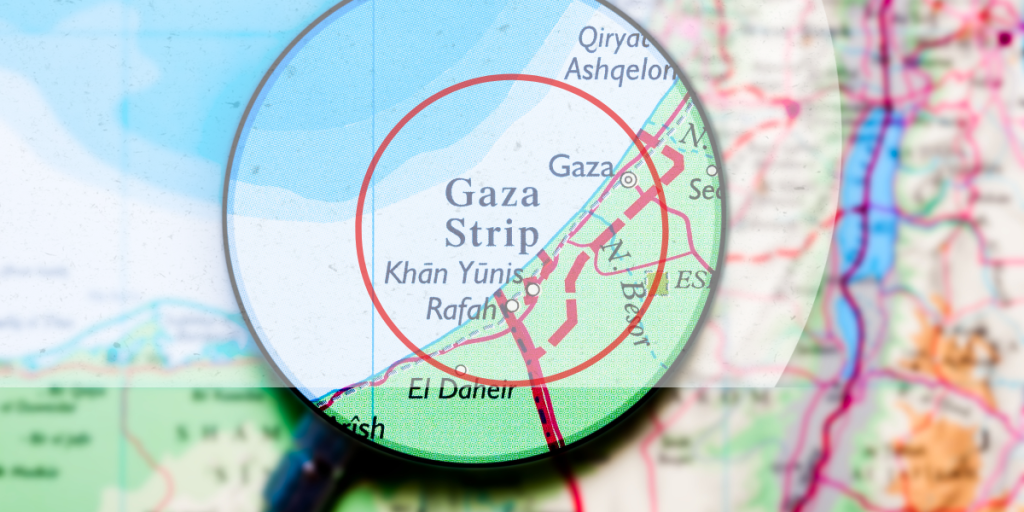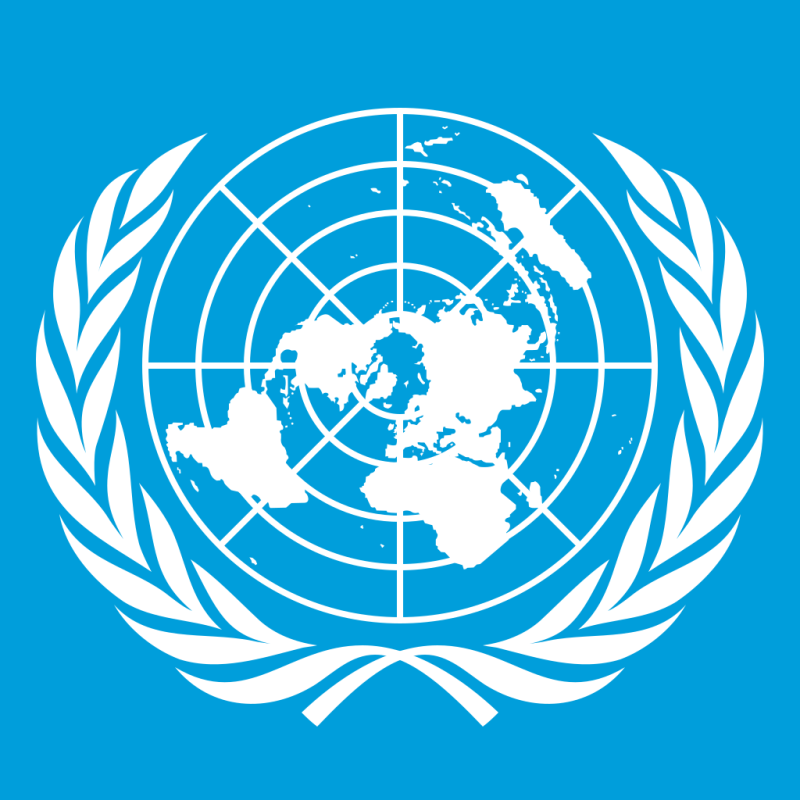The United States rightly feels that it is losing some of its influence on Israel. Israel’s ability to reduce its military and diplomatic dependency on America’s goodwill, however, is a welcome development.
During a recent interview with The Times of Israel, former US ambassador to Israel Daniel Kurtzer “warned” Israel not to develop too close a military relationship with China. There is nothing new about America’s opposition to Israel’s military ties with China. In 1992, the United States accused Israel of sharing American Patriot missiles technology with China. In 2000, Israel had to cancel the sale of its Falcon Airborne Warning and Control System (AWACS) to China because the US administration threatened to cut off its $2.8 billion military aid to Israel. What is new, however, is that Israel is not being “warned” about a specific military deal with China (there is currently no such deal in the pipeline), but about the fact that it is progressively rebalancing its foreign policy toward the Far East. The United States rightly feels that it is losing some of its influence on Israel. Israel’s ability to reduce its military and diplomatic dependency on America’s goodwill, however, is a welcome development.
The decline in America’s global reach is not just a theory. China is conducting joint military exercises with Iran; the United States is more eager than Iran to reach an agreement on the latter’s nuclear program; Russia is able to reconquer its former satellites despite US-led economic sanctions; ISIL is progressing in spite of US airstrikes, and Turkey is uncooperative in spite of US pressures; in Africa, China is more influential and powerful an actor than the United States. As for the US-Israel relationship, something has changed in America’s attitude. The Obama Administration keeps blaming Israel and absolving the Palestinian Authority (PA) for the absence of peace. During Operation Protective Edge this past summer, the Obama Administration tried to impose on Israel the pro-Hamas Qatari-Turkish ceasefire, while blocking missile shipments to Israel. As America is becoming less powerful and less reliable, Israel is correct to diversify its strategic alliances – especially with Asia.
Israel was the first Middle Eastern country to recognize Mao Zedong’s regime. When Communist China asked Israel to establish full diplomatic relations in 1954, however, Israel wavered for fear of alienating the United States. Israel’s concerns were unjustified since the Middle East policy of the Eisenhower Administration was openly pro-Arab, anyway. Indeed, the US itself established full diplomatic relations with Communist China in 1979. China and Israel started developing unofficial military ties in the late 1970s thanks to the “Sino-Soviet Split.” Today, Israel is China’s largest supplier of military technology and equipment after Russia. China is also Israel’s third largest trading partner, with an annual trade volume of $10 billion. China benefits from Israel’s expertise in military technology, solar energy, irrigation, and desalinization. In 2013, China won a $2 billion tender to build the strategic “Med-Red” railway linking the Ashdod and Eilat ports, and a $300 million joint research center was established between Tel Aviv and Tsinghua universities.
Israel is also deepening its strategic ties with India. The two were at odds during the Cold War, as India aligned with the Soviet Union. For years, the Congress Party refused to establish diplomatic relations with Israel for fear of alienating India’s Muslim minority at home and India’s diplomatic allies abroad. This policy was criticized by the Hindu nationalist opposition. With the end of the Cold War, India lost its Soviet backer. As the Indo-Pakistani rivalry deteriorated and Islamic terrorism spread, India turned to Israel for its military and technological expertise. The post-Cold War alliance between Israel and India received a new impetus with the electoral victory of the pro-Israel Hindu BJP party in 1998 and, more recently, in 2014. Today, India is Israel’s largest military market (accounting for nearly half of its worldwide military exports), and Israel’s second largest Asian trade partner after China. The new Indian government just announced that it would purchase $13.1 billion worth of Israeli military equipment and technology, rejecting a competing US offer.
The same goes for Japan, a country that had to downgrade its relations with Israel following the 1973 oil embargo imposed by the Arab members of OPEC. But with its chronic economic stagnation, Japan now understands that its growth depends less on Arab oil than on Israeli technology. Last week, Toyota ITC (Info Technology Center) held its first hackathon in Israel. Japan is purchasing Israeli technology for cyber-security, mobile apps, and robotics.
Israel’s deepening diplomatic, military and economic ties with Asia’s major powers constitute a welcome development. International relations are about power. The fact that the world’s emerging powers, who used to shun the Jewish state, now value their ties with Israel is a clear indication that Israel has reached an unprecedented level of economic and technological might. Never before in its history has Israel enjoyed such global clout.



